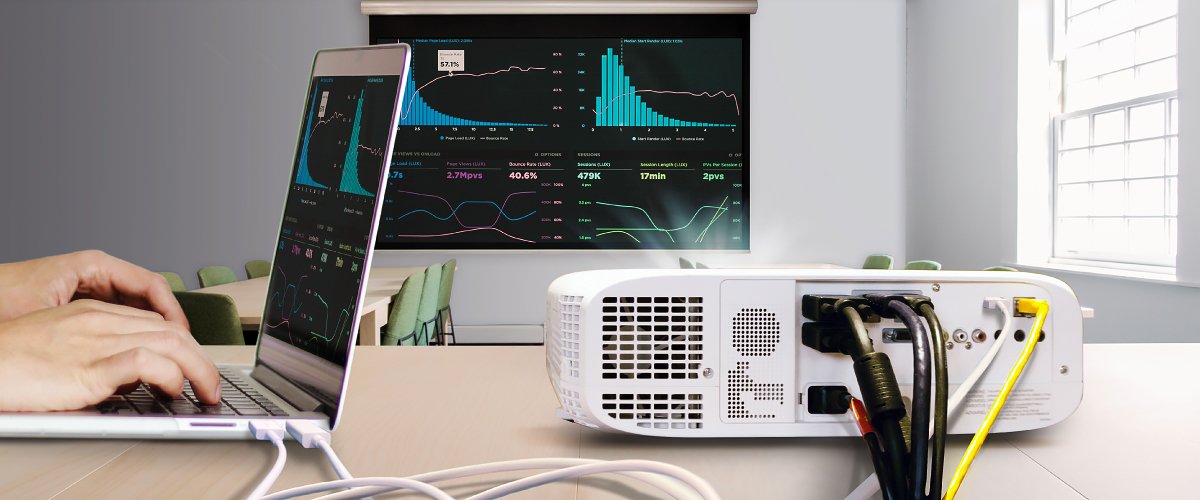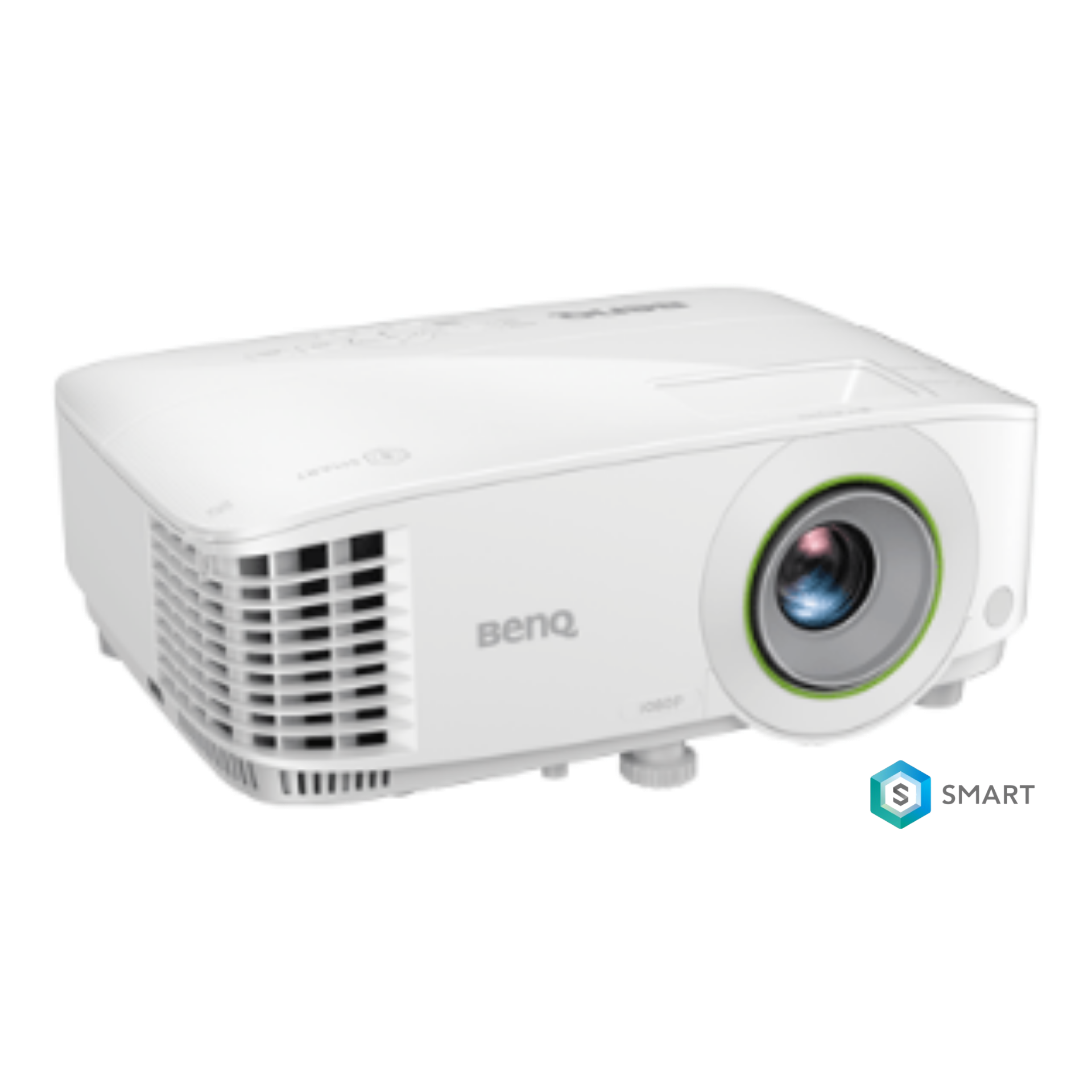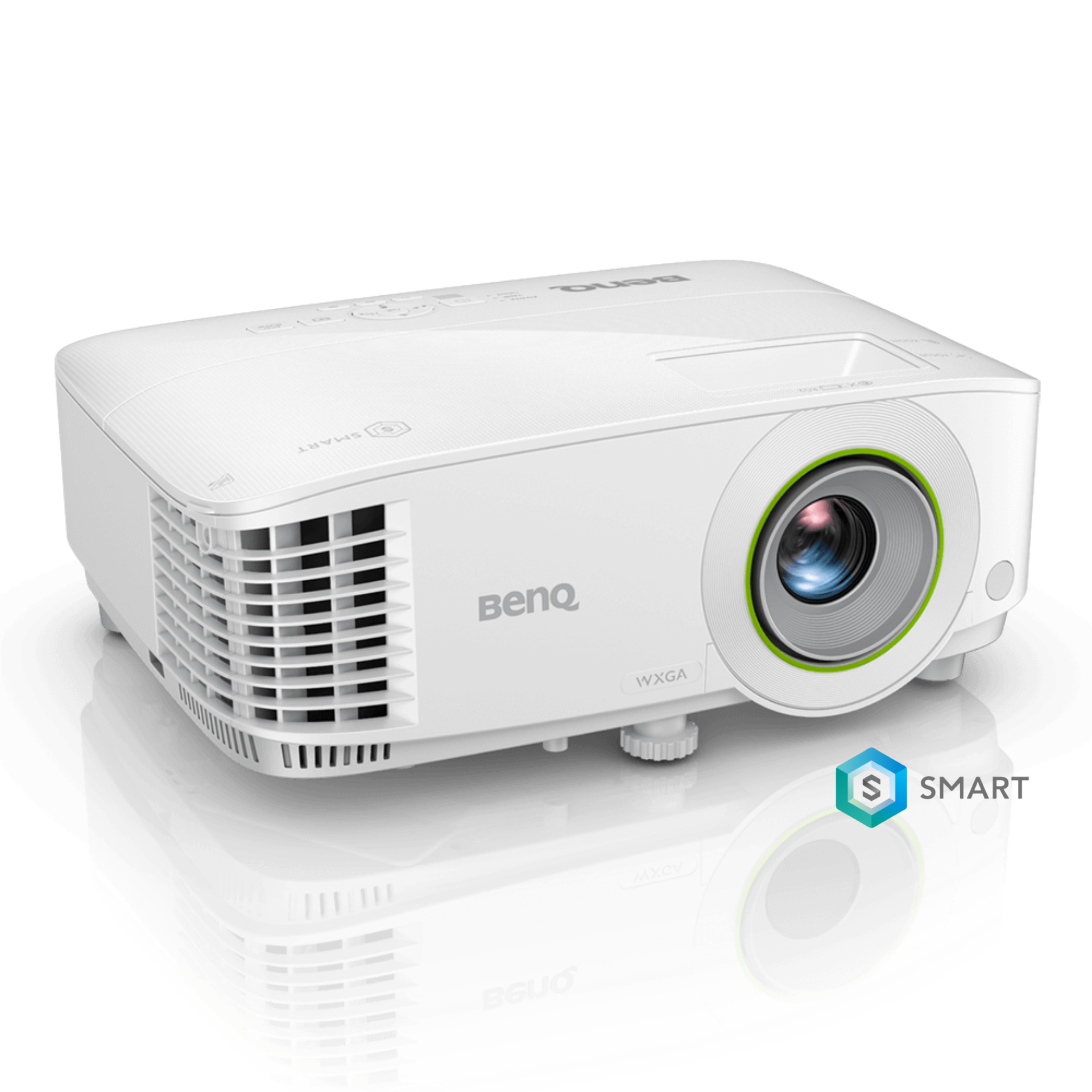Why Video Conference Room Shortages May be a Problem?
- BenQ
- 2020-10-16
After most of 2020 spent in lockdowns, quarantines, and extensive social distancing, the latter part of the year and early 2021 are expected to have SMB and HR leaders facing tough choices. Responsible for charting a return to work, persons in charge must balance numerous demands.
Back to the office: different approaches
Every company and organization wants to return to normalcy, and everyone wishes to do so safely. As stated above, a degree of social distancing among employees will be present in most workplaces initially. Many companies plan a staggered return, with different teams coming back to the office days or perhaps weeks apart. Another popular method is team roster rotation, or A/B scheduling. For example, even and odd days or one week at the office and one week at home. Both approaches minimize the number of people present at the office and therefore reduce the risk of infection.
In a previous article, we described how large organizations such as the Pentagon prefer to split large meetings into several small groups of participants, seated in different rooms to avoid potential people density chokepoints. Of course, SMBs don’t have access to a massive building like the Pentagon, with its hundreds of meeting rooms. Thus, most SMB HR managers believe they need to balance coping with safe return challenges using the resources they have, while effectively communicating strategies to team members to avoid confusion.
Put simply, not enough meeting rooms makes the top of the list. Small to medium doesn’t just mean headcount, it also means office size. Most SMBs don’t have the square footage to accommodate lots of traditional meeting rooms.
Couple this with the increasing popularity of ad hoc, small scale meetings and huddle sessions, and the implication is that employees actually meet more often and therefore need more places to meet in. That’s a big challenge for smaller companies and organizations. But that’s not all.
The emphasis on low density offices and social distancing means many team members may still work from home, so video conferencing is essential to successful collaboration.
Employee tech skill levels present a big challenge, or at least that’s what conventional thinking says. Based on traditional meeting room equipment, hybrid meetings may be complex for a lot of team members.

Between the bulky projector with its many cables, the dedicated meeting room PC and monitor, possibly a full size camera, and somewhat intimidating audio console in the middle of the meeting room desk, that’s a lot of tech for the average person to manage.
If all team members assigned to the meeting are present (as was the case before COVID-19), then employees can rely on each other for help. But with hybrid meetings, the more skilled colleagues may work from home, with only a few people in the meeting room. What happens if they aren’t confident enough to get everything working? Lost time and productivity.
The Zoom fatigue factor
While remote video conferencing helps promote “pandemic proof” work situations, research shows people around the world are getting tired of the format. The lack of personal interaction and constantly having to see people’s studies or bedrooms onscreen creates a strange situation that many are becoming increasingly put off by.
Many video conference participants almost compulsively look at their own faces onscreen, something that obviously doesn’t happen during in-person meetings at the office.
This aspect of so-called Zoom fatigue has prompted Zoom software developers to implement a “hide self view” feature. The Harvard Business Review concluded that video conferencing is exhausting for a lot of people, and suggested switching to audio only or moving screens off to the side rather than have them face us directly, all to reduce onscreen stimuli.
Read More: How to reduce Zoom Fatigue?
A video conferencing room with a web cam covering an entire room instead of zeroing in on a single person relieves a lot of the stage fright people feel.
Smart wireless projectors offer a solution that’s safe, effective, easy to use, and most importantly – friendly. And friendly makes for productive, because team members are happy to use the smart wireless projector platform. In the next article we’ll explore just how cost effective and simple to use smart projectors are.
No Video Conference Room? Build One in Seconds



